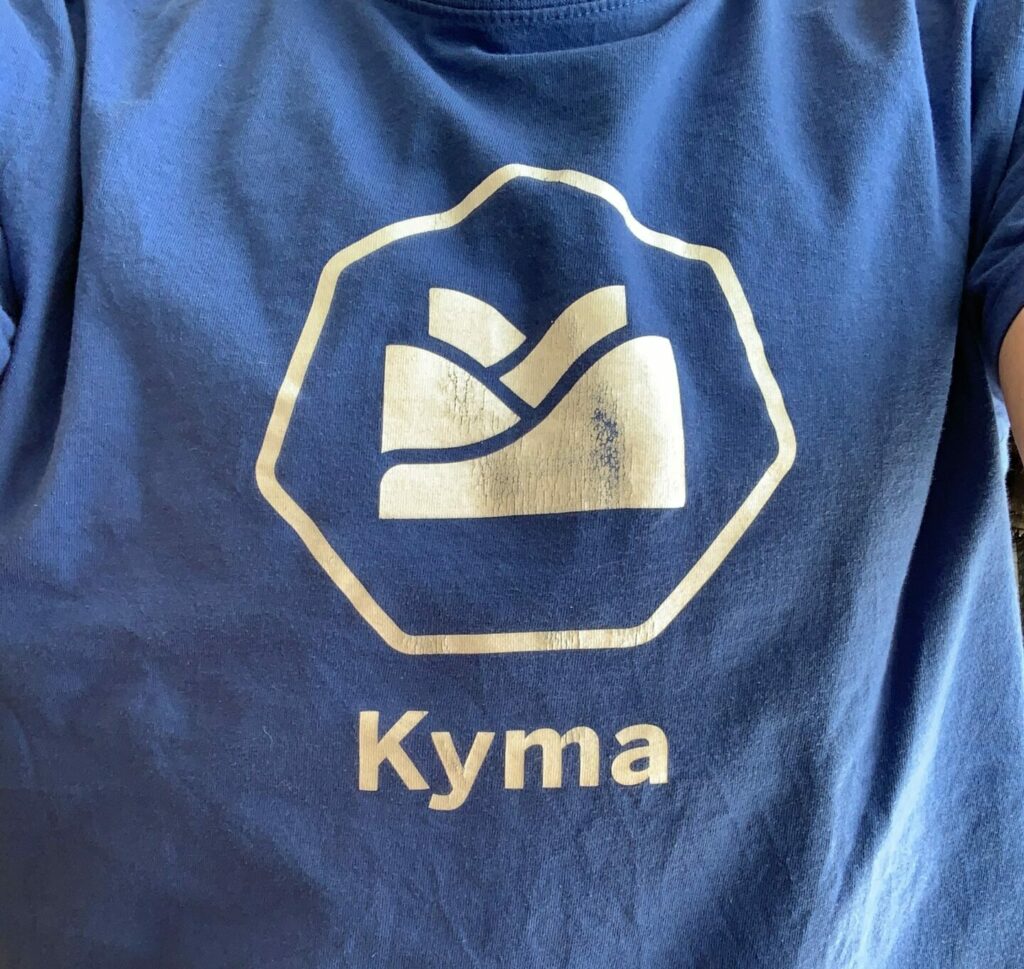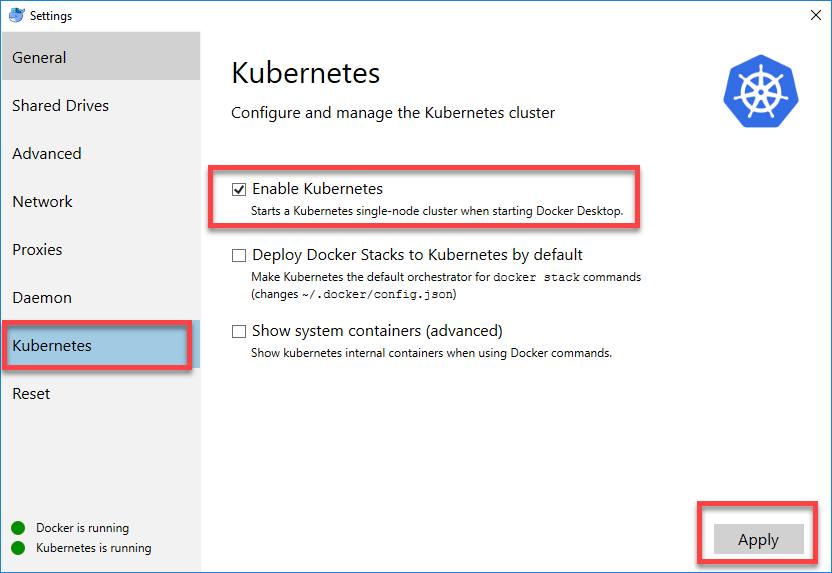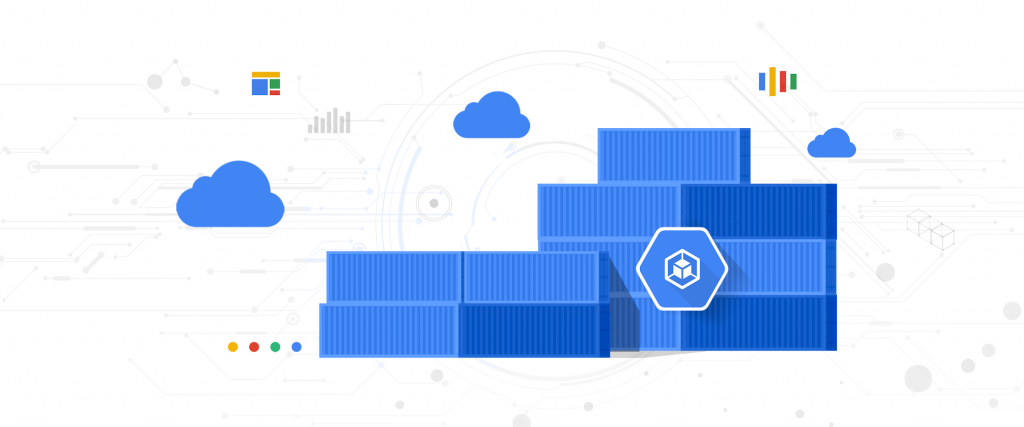While Amazon Web Services reported another record quarter with $4,53B in October 2017, and Microsoft reporting 93% growth of their cloud business, Google is the third major player in the market for cloud services.
At the same time, Google is not (yet) explicitly reporting numbers on their cloud offering. However, “all other” businesses, including Play Store, also showed impressive 42% growth recently.
To demonstrate how serious the company is about their cloud products, Google demonstrated their commitment in roadshows, the Google Cloud Summit. Among others, like in Paris or Singapore, the Summit was held in Munich On December 6th in the MOC Munich.
Following a keynote between 9am an 11am, Google prepared 4 tracks covering diverse, cloud oriented topics in the areas of Application Development, Big Data & Machine Learning, Infrastructure & Operations, Startup. These tracks had continuous talks between 11am and 6pm, touching all topics from the field you could think of, starting with containers, docker and Kubernetes, going over IoT and Industry 4.0, touching Artificial Intelligence and Machine Learning, to Data Loss Protection and GDPR. All that along with Innovation and Agility in the context of security and privacy.
To round up the event, outside the track rooms had an exhibition of selected cloud partners, from consultancy to implementation service, but also SaaS offerings leveraging the Google Cloud Platform.
While the market news seem that Google is late to the game, their commitment and quality of offering surely put them in an interesting spot and an alternative to the other two cloud vendors. The cloud summit definitely answered questions on Googles capabilities.



